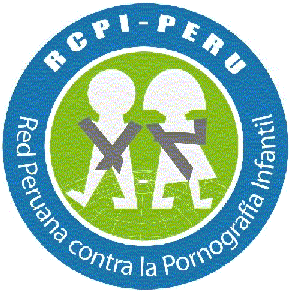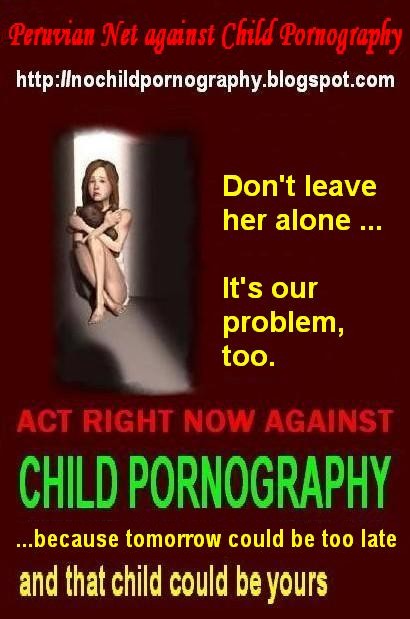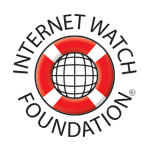Preventing child pornography
 Japan.- (TMCNews - Japan Times) In late November about 3,500 people from some 170 governments and from international and nongovernmental organizations attended the third World Congress Against Sexual Exploitation of Children and Adolescents in Rio de Janeiro. The conference declared that accessing, downloading, storing or viewing child pornography on the Internet is a crime. It urged governments to legally prohibit such acts.
Japan.- (TMCNews - Japan Times) In late November about 3,500 people from some 170 governments and from international and nongovernmental organizations attended the third World Congress Against Sexual Exploitation of Children and Adolescents in Rio de Janeiro. The conference declared that accessing, downloading, storing or viewing child pornography on the Internet is a crime. It urged governments to legally prohibit such acts.Justice and home affairs ministers of the Group of Eight nations declared in June: "We strongly condemn and denounce all forms of sexual exploitation of children, including the practice of persons traveling abroad and engaging in sexual conduct with children, as well as the alarming flood of images of sexual abuse of children -- so-called child pornography -- on the Internet."
In Japan and Russia, the possession of child porn is not punishable if it is not for sale or offering. The international community accuses Japan of being a major child porn exporter. Around the time of the Rio de Janeiro conference, there was reportedly heavy access from abroad and home after file-swapping software used in Japan allowed child porn to be placed on the Net.
In June the ruling bloc submitted a bill to the Diet that would call for the imprisonment of up to one year or a fine of up to 1 million if a person possesses child pornography to satisfy his or her sexual curiosity. It also calls on Internet providers to cooperate with the police and take steps to prevent the spread of child porn.
The Democratic Party of Japan submitted its own bill, thinking that the ruling bloc's bill could lead to arbitrary investigations. Under the DPJ bill, a person could be imprisoned for up to three years or fined up to 3 million if he or she buys child porn or obtains it repeatedly. Both bills are to revise a 1999 law that protects children under 18 against sexual exploitation.
Although the Rio de Janeiro declaration is not legally binding, it is an international call for Japan to strengthen regulations against child pornography. The ruling bloc and the DPJ should act quickly to find a common ground for effective regulation.
In Japan and Russia, the possession of child porn is not punishable if it is not for sale or offering. The international community accuses Japan of being a major child porn exporter. Around the time of the Rio de Janeiro conference, there was reportedly heavy access from abroad and home after file-swapping software used in Japan allowed child porn to be placed on the Net.
In June the ruling bloc submitted a bill to the Diet that would call for the imprisonment of up to one year or a fine of up to 1 million if a person possesses child pornography to satisfy his or her sexual curiosity. It also calls on Internet providers to cooperate with the police and take steps to prevent the spread of child porn.
The Democratic Party of Japan submitted its own bill, thinking that the ruling bloc's bill could lead to arbitrary investigations. Under the DPJ bill, a person could be imprisoned for up to three years or fined up to 3 million if he or she buys child porn or obtains it repeatedly. Both bills are to revise a 1999 law that protects children under 18 against sexual exploitation.
Although the Rio de Janeiro declaration is not legally binding, it is an international call for Japan to strengthen regulations against child pornography. The ruling bloc and the DPJ should act quickly to find a common ground for effective regulation.














































0 Comments:
Post a Comment
Subscribe to Post Comments [Atom]
<< Home